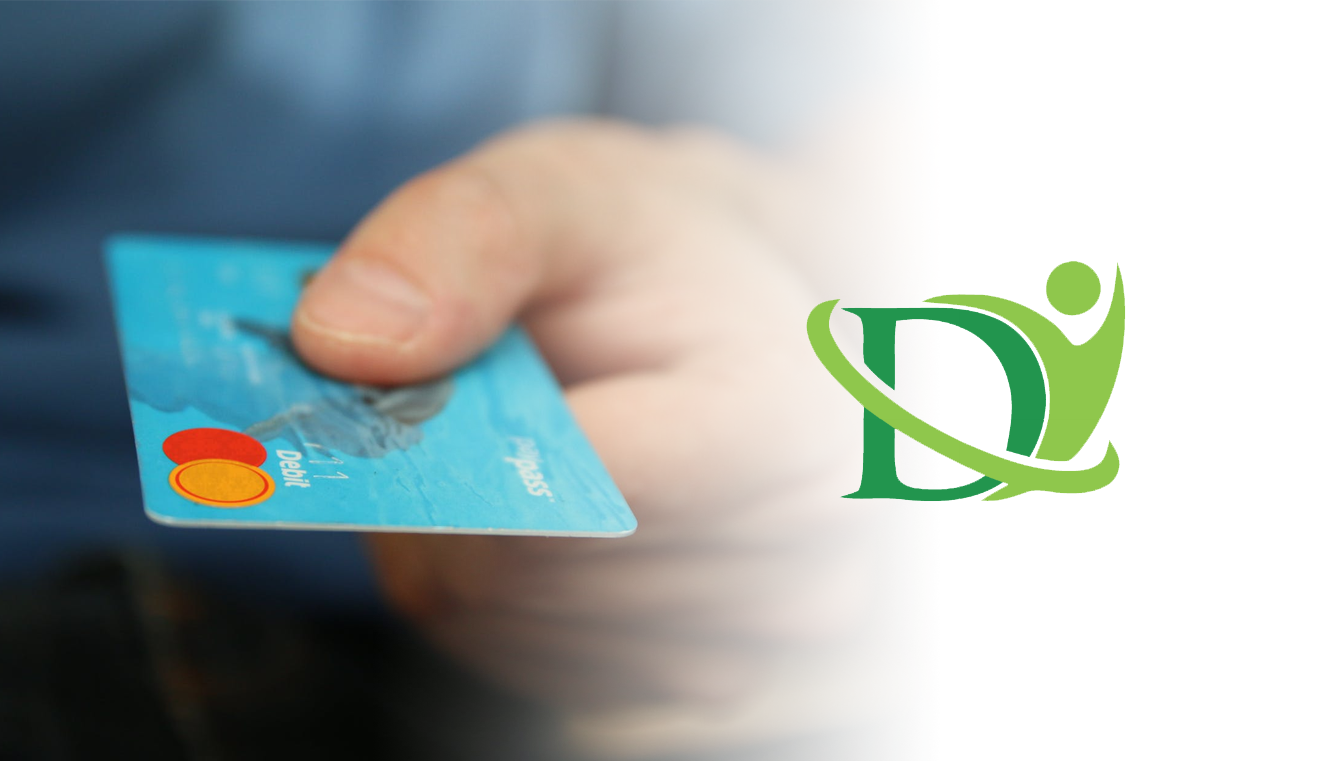
Debt Help – 4 Unexpected Events You Must Prepare for Financially
December 30, 2019
Effective Ways To Paying Off Your Credit Card
January 15, 2020It isn’t uncommon for people to find themselves putting bills on the credit card as household expenses pile up. It’s when this behaviour becomes common that a person has to consider whether additional income is necessary.
Has putting expenses off become the norm? Here are four ways to generate additional income and cut down (or even eliminate) the debt accumulating each month.
Sell some second-hand items online
An additional income stream can often be found right at home. Those looking to pay off small amounts of debt should first inspect their closets, pulling out the items that are in good shape but are no longer in use. It’s easy to disregard the value of second-hand items until it’s time to sit down and consider their worth. Try putting the items up for sale online and seeing how many people are interested in paying money for them.
After going through the closet, consider the bookshelf, garage, and storage room in the search for items that are no longer used but still able to fetch some additional cash.
Make a lifestyle change by downgrading
When the bills start piling up, it’s important to think about the spending habits that are driving them. A cable subscription with extensive features may not be the priority right now. Consider downgrading to a simpler subscription at a lower cost. Swap the premium gym membership for something less expensive and make a point of eating out less. Remember—a period of debt does not last forever. Swearing off luxuries temporarily is possible and will certainly reduce the accumulated debt.
If the gym turns out to be a luxury expense, try exercising at home. There are plenty of ways to stay active without paying a premium every month. Simple lifestyle changes can make a world of difference when saving money to pay the bills.
Seek an additional income stream
Sometimes, cutting down on costs is not enough to achieve true financial freedom. If a household’s current income is not enough to compensate for all its debt, it may be time to seek an additional income stream to bring in more money on a regular basis. Before doing this, it’s important to ensure that the second job does not interfere with the first. Losing a primary source of income can be detrimental at this point.
Find a second job that is possible to work on without affecting performance at a full-time job. A freelancer job is usually ideal here as one can manage their own time and work on their own schedule.
Cash-out some short-term investments.
In a temporary money shortage, consider cashing out on short-term investments, such as stock options. Inheritance stock is another possibility. Take note that one should liquidate only enough to loosen the burden of the debt. Try not to slash off a big chunk out of the stock options or inheritance stock as they can be incredibly useful in the future. When considering the investments that can be cashed out, stay away from cashing out any retirement funds. A retirement plan is a long-term investment that shouldn’t be touched until the right time arrives.
Conclusion
People shouldn’t have to be stuck in a cycle of earning just enough to pay off debt. Fortunately, there are ways to reduce the burden. By selling unused items, reducing current expenses, seeking an additional income stream, and cashing out short-term investments, it is more than possible to pull oneself out of debt and start building a path to financial freedom.
For more about debt relief solutions, get in touch with DebtHelpers.ca today!

